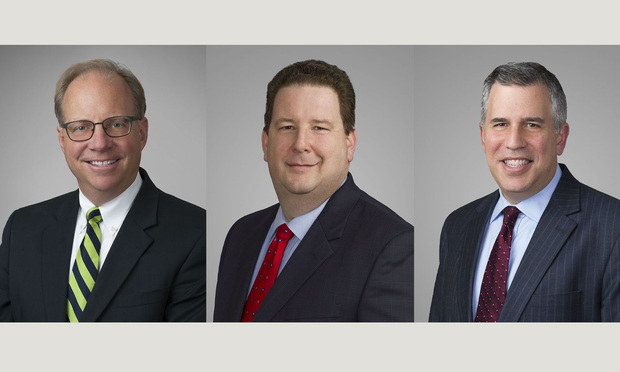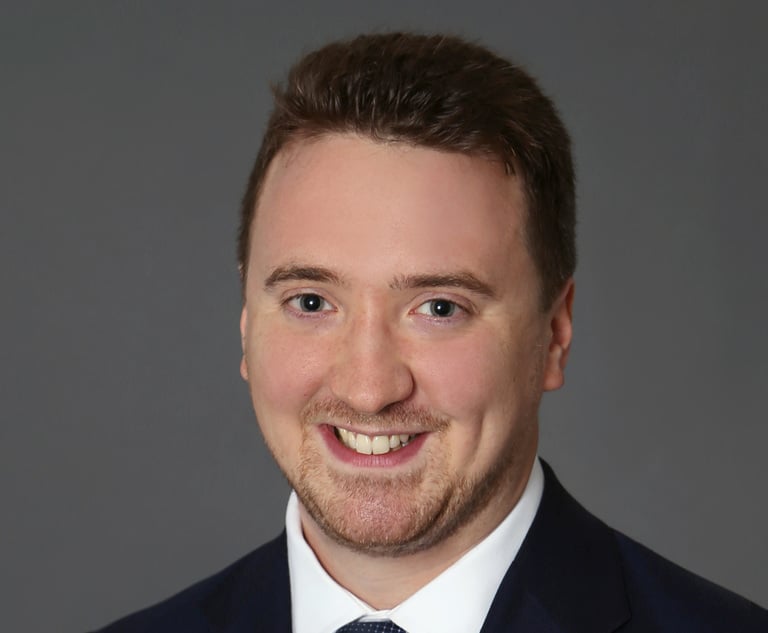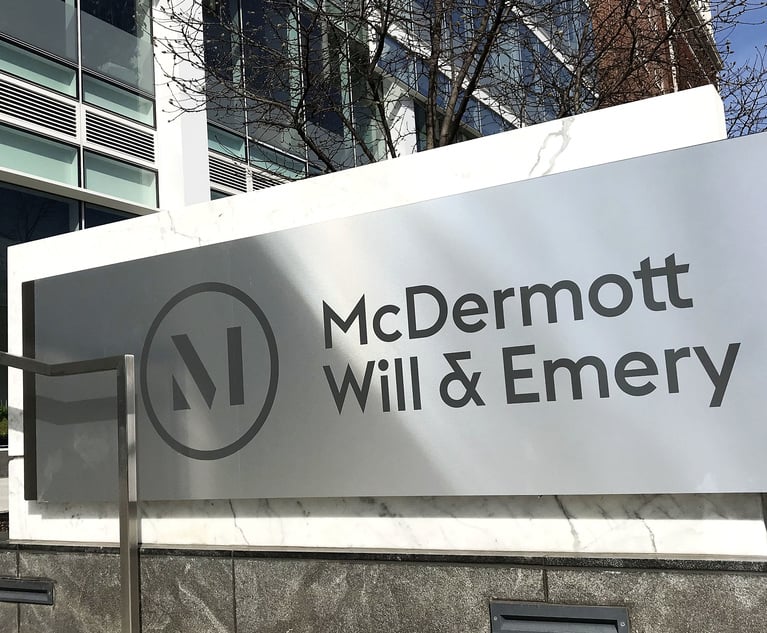While many full-service law firms contend that their diverse offerings keep them well-hedged in times of upheaval, it’s fair to say that many of their practices have stumbled into a quiet phase.
Other, more specialized players are finding that the current economic and public health crisis sparked by the coronavirus plays directly to their practice strengths.


 (l-r) Mark Lutes, Jim Flynn and David Garland. (Courtesy photos)
(l-r) Mark Lutes, Jim Flynn and David Garland. (Courtesy photos)








